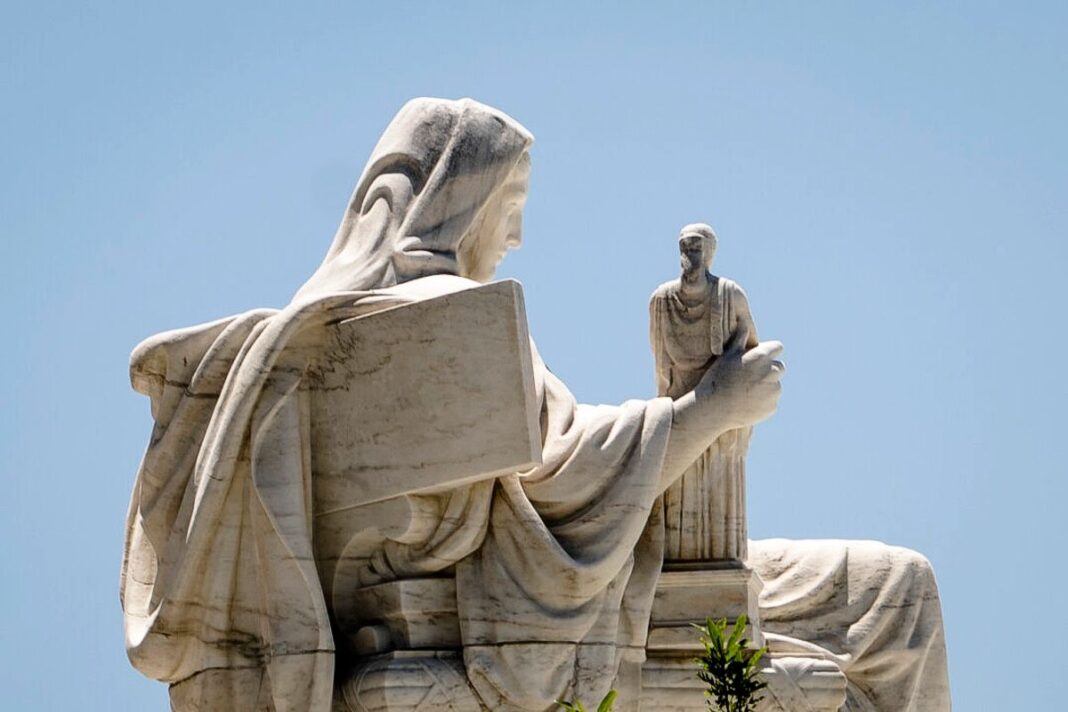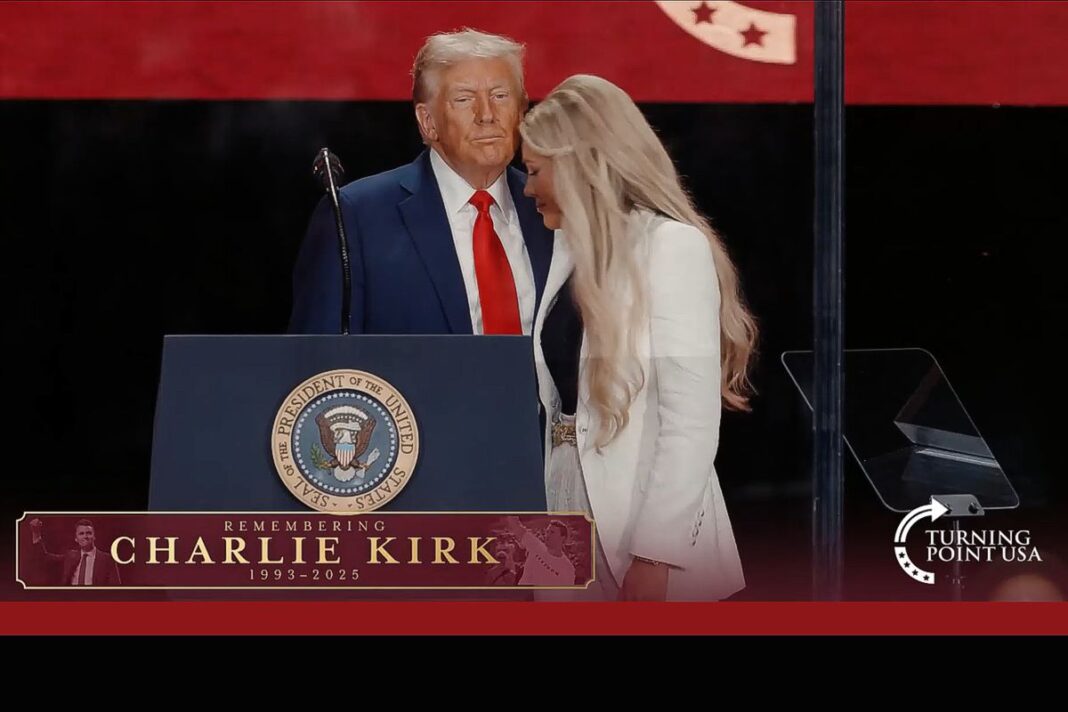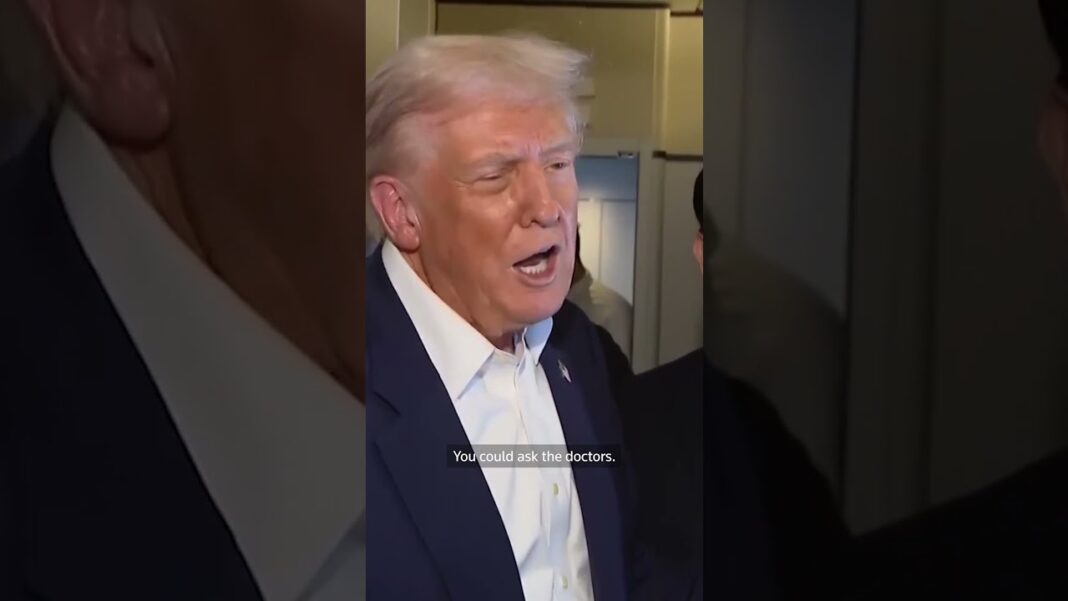A federal appeals court previously held that Shira Perlmutter could stay on as register of copyrights during the appeals process.
The Trump administration on Oct. 27 asked the U.S. Supreme Court to uphold the firing of the director of the U.S. Copyright Office, Shira Perlmutter.
The Copyright Office, a separate department of the Library of Congress, registers copyright claims, stores information about copyright ownership, gives information to the public, and helps Congress and other government offices with copyright-related matters.
The federal government’s emergency application seeks to uphold Perlmutter’s firing after the U.S. Court of Appeals for the District of Columbia Circuit ruled against the government earlier this year.
Perlmutter sued the Trump administration after she was fired in May, arguing the termination—communicated via email—violated federal law.
“The administration’s attempts to remove Ms. Perlmutter as the Register of Copyrights are blatantly unlawful,” the lawsuit said. “Congress vested the Librarian of Congress—not the president—with the power to appoint and, therefore, to remove, the Register of Copyrights.”
President Donald Trump also fired Librarian of Congress Carla Hayden on May 8, two days before removing Perlmutter. Hayden did not challenge her dismissal. The president appointed Deputy Attorney General Todd Blanche as acting librarian—an appointment Perlmutter argues is unlawful because the Library of Congress is not an executive agency and is not governed by the Federal Vacancies Reform Act.
Perlmutter, who was appointed by Hayden in 2020, said Trump’s decision to install Blanche and his associates violated separation-of-powers principles and usurped Congress’s authority. The separation of powers is a constitutional doctrine that divides the government into three branches, preventing any single branch from accumulating too much power.
Perlmutter also alleges that Blanche’s designation of Department of Justice official Paul Perkins to assume her position had no legal basis.
Perlmutter’s lawsuit came nearly two weeks after the Copyright Office unveiled a report saying that some uses of copyrighted material to train generative artificial intelligence (AI) systems may require licensing under U.S. law. The report, issued under Perlmutter’s leadership, found that while some AI training could qualify as “fair use,” others likely would not.








